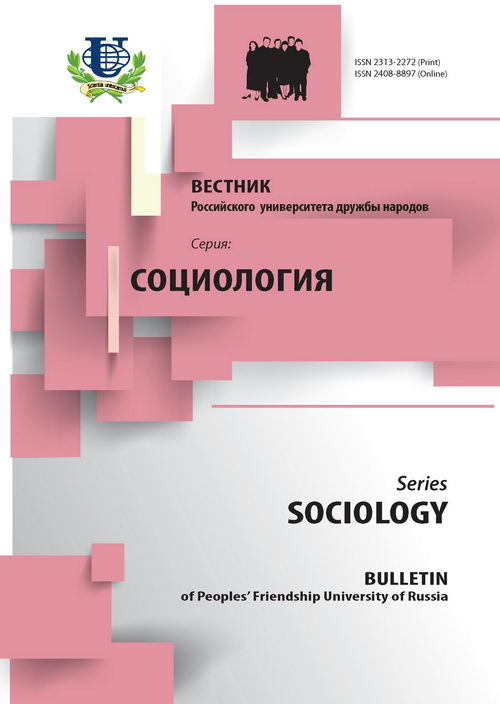Intercultural Communication and Tolerance in Public Service
- Authors: Veselov IB1
-
Affiliations:
- Kaluga state university
- Issue: No 2 (2008)
- Pages: 148-153
- Section: Articles
- URL: https://journals.rudn.ru/sociology/article/view/6129
Cite item
Full Text
Abstract
The author maintains that developing tolerance and intercultural communication within the new generation of public servants is a basis for political stability and demonstrates different approaches to the concepts as factors of forming professional competences of public servants.
About the authors
I B Veselov
Kaluga state university
Author for correspondence.
Email: priem@tksu.ru
Кафедра психологии и акмеологии; Калужский государственный университет имени К.Э. Циолковского; Kaluga state university
References
- Valitova R.R. Tolerantnost': porok ili dobrodetel'? // Vestnik MGU. - Ser. 7. Filosofiya. - 1996. - № 1.
- Lektorskii V.A. O tolerantnosti, plyuralizme i krititsizme // Voprosy filosofii. - 1997. - № 11.
- Mchedlov M. Terpimost' - svoistvo kul'tury, put' k grazhdanskomu soglasiyu // Svobodnaya mysl'. - 1994. - № 5.
- Skvortsov L.V. Tolerantnost': illyuziya ili sredstvo spaseniya? // Oktyabr'. - 1997. - № 3.
- Uein K. Obrazovanie i tolerantnost' // Vysshee obrazovanie v Evrope. - 1997. - № 2.
- Kheffe O. Plyuralizm i tolerantnost': k legitimatsii v sovremennom mire // Filosofskie nauki. - 1991. - № 12.
- Almond G., Verba S. The Civic culture. Political attitudes and democraty in five nations. - Princeton (N.Y.), 1963.














